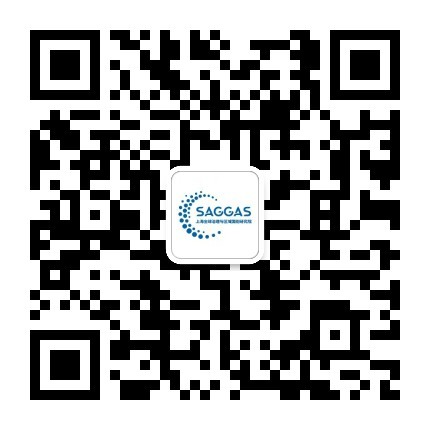Trump Moves Closer to Putin—Is This an Attempt to Drive a Wedge Between Russia and China?
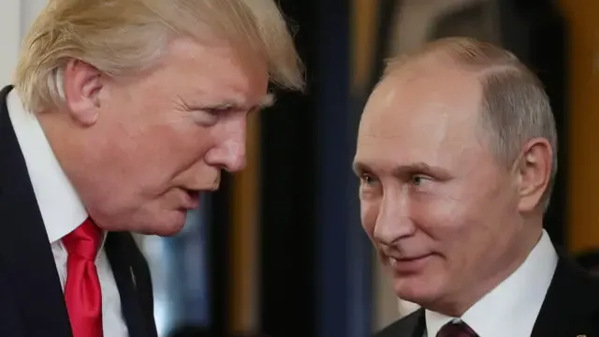
Trump’s support for Putin signals a major shift in U.S. policy towards Russia.
U.S. President Donald Trump is drawing closer to Russia, overturning decades of American foreign policy.
He has sided with Vladimir Putin on a peace deal in the Ukraine war, pressuring Ukrainian President Volodymyr Zelensky to accept harsh conditions proposed by Russia, despite it being the invading party. Trump has also told European allies not to expect continued U.S. support for their defense.
All this sends a clear signal of support to Putin and raises a key question—Is the U.S. initiating a new grand foreign policy strategy?
Could it be a geopolitical gambit to court Russia and weaken its ties with China?
Or is Trump’s behavior simply driven by personal sentiments and his affinity with Putin?
How Is the Trump Administration Siding with Russia?
A major shift in U.S. policy toward Russia emerged on February 12, when Trump held a 90-minute phone call with Russian President Vladimir Putin.
After the call, Trump pressured Ukrainian President Zelensky to accept a peace deal that involved ceding territory to Russia, while the U.S. offered no security guarantees.
Trump commented on the call: “We agreed to work closely together, including visits to each other’s countries.”
Trump also made it clear that post-war Ukraine would not be allowed to join NATO, a stance contrary to former President Joe Biden’s promises, and aligned with Russia’s strong opposition to Ukraine’s NATO membership.
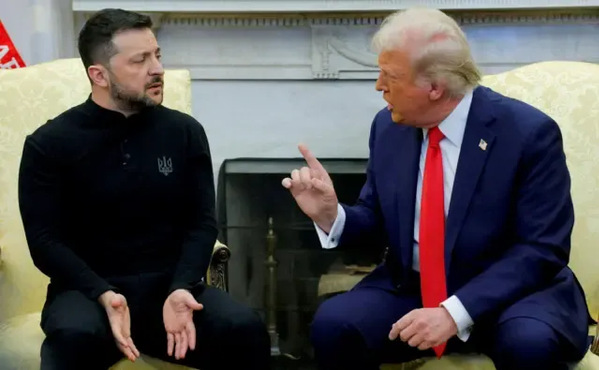
Zelensky and Trump
Since then, Trump has repeatedly criticized Zelensky, calling him “incompetent” and a “dictator,” and told him in a White House meeting that Ukraine “should never have started” the war—remarks that echo Putin’s own statements.
Trump has also refused to back European plans to deploy peacekeeping forces to Ukraine after the war, a move that Russia strongly opposes.
Moreover, the U.S. sided with Russia in a UN vote marking the third anniversary of the Ukraine war, refusing to condemn Russia’s invasion.
Is the U.S. Courting Russia to Weaken China-Russia Ties?
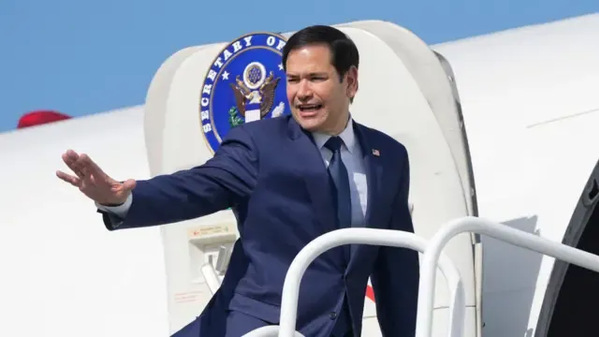
U.S. Secretary of State Marco Rubio says he does not want Russia to become China’s “vassal partner.”
The Trump administration’s pivot toward Russia and away from European allies upends 80 years of U.S. foreign policy. Yet it remains unclear whether this marks a comprehensive new strategy.
U.S. Secretary of State Marco Rubio stated in a February 25 interview with conservative outlet Breitbart News that the Trump administration is attempting to weaken Russia’s ties with China.
Rubio said:
“If Russia becomes China’s long-term vassal, dependent on and subservient to it, I think that would be bad not just for Russia, but also for the U.S., Europe, and the world.”
He emphasized that such an outcome would be extremely dangerous for the U.S., because “it would mean two nuclear powers aligning against us.”
Rubio also said the U.S. would seek to counter China’s global trade network, specifically the Belt and Road Initiative.
In response, Chinese Foreign Ministry spokesperson Lin Jian strongly objected, stating:
“China and Russia have long-term development strategies and diplomatic policies... U.S. attempts to sow discord in China-Russia relations are futile.”
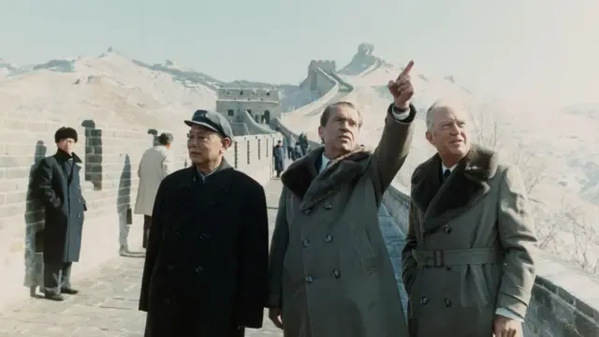
U.S. President Richard Nixon’s 1972 visit to China is considered a diplomatic masterstroke (file photo).
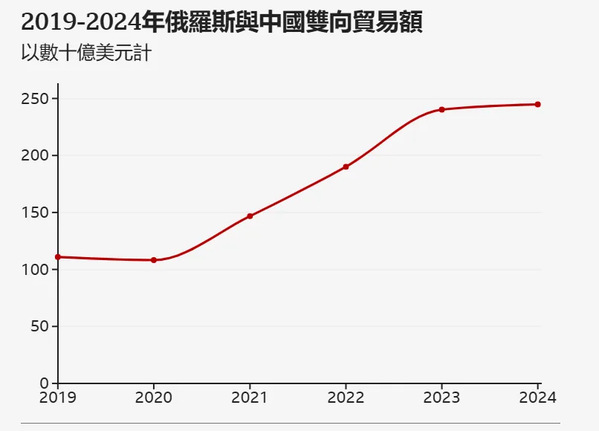
Data Source: China Customs – Bilateral trade includes both imports and exports.
Rubio’s plan—to woo Russia in order to isolate China—has been described as a “mirror version” of the diplomatic success of former U.S. President Richard Nixon, who famously drove a wedge between China and the Soviet Union.
Back then, Nixon established ties with China, leaving the Soviet Union isolated. Now, Trump may be seeking closer ties with Russia to isolate China. This approach is dubbed the “Reverse Nixon” or “Reverse Kissinger” strategy.
In 1972, with the help of National Security Adviser Henry Kissinger, Nixon signed agreements with China, ending the era when the two Communist powers stood united against the U.S.
The Council on Foreign Relations commented on Rubio’s proposal:
“The White House and its hardline China hawks appear to believe they can use Russia to isolate China and weaken its global clout.”
Klaus Welle, a visiting professor at the London School of Economics (LSE), said:
“The U.S. does not want Russia to become China’s ‘raw materials colony.’ That would mean Russia selling resources to China at low prices, boosting China’s economic competitiveness against the U.S.”
However, Dr. Dana Allin from the UK’s International Institute for Strategic Studies (IISS) cautioned that Trump may not fully back this strategy.
“This kind of thinking isn’t out of step with Trump’s worldview. He may even find it plausible. But it’s more of a Rubio and traditional Republican foreign policy idea, not the core agenda of the current White House.”
Is the “Reverse Kissinger” Strategy Viable?
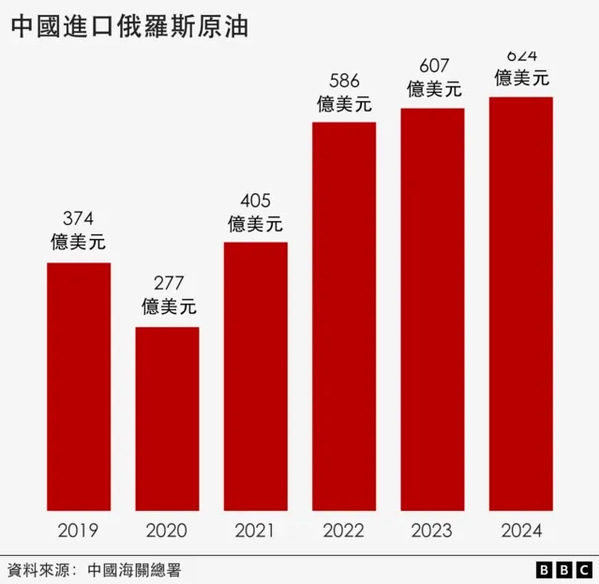
Russian oil exports to China rose from £37 billion in 2019 to £62 billion in 2024.
It will likely be difficult for the U.S. to dismantle the Russia-China partnership.
Just before Russia’s 2022 invasion of Ukraine, the two countries declared a “no limits” partnership, and trade between them has flourished ever since.
China is now the largest importer of Russian crude oil, buying $62 billion worth in 2024, up from around two-thirds of that in 2021. Western sanctions have funneled Russian oil toward China.
China also supplies Russia with high-tech components, including semiconductors widely used in weapons systems. Reports from the American Enterprise Institute (AEI) and the Carnegie Endowment for International Peace show that most of Russia’s imported semiconductors come from China.

China is Russia’s largest oil customer.
Professor Yang Cheng, Executive Dean of the Shanghai Academy of Global Governance and Area Studies at Shanghai International Studies University, said a full U.S.-Russia alliance is unlikely due to “historical mistrust and ideological differences.”
“Russia will maintain its strategic autonomy and not become a mere instrument of U.S. foreign policy.”
Dr. Henrik Wachtmeister of the Swedish Institute of International Affairs noted:
“Putin might tactically cooperate with the U.S., but he won’t trade his relationship with China for any U.S. promises.”
He added:
“Russia and China are natural allies in terms of resources. Russia and the U.S., by contrast, are competitors—especially in oil and gas.”
Is Trump’s Pro-Russia Stance Personal?
Dr. Allin believes Trump’s fondness for Russia stems not from strategic calculation, but from “deeply personal” motives rooted in his first term.
At that time, Russia was accused of meddling in U.S. elections, and Trump and his team were suspected of colluding with Moscow.
In a recent White House meeting with Zelensky, Trump said of Putin:
“I’ve known him a long time. We went through the ‘Russia hoax’ together.”
Dr. Allin said:
“Trump sees himself and Putin as being in the same boat—both victims of a political witch hunt.”
Mr. Welle added:
“We know Trump has had longstanding and deep ties with Russia. These go back to the Miss Universe pageant he hosted there and the Russian funding that supported his real estate ventures during tough financial times.”
“His dealings with Russia have always been positive.”
Interviewee | Yang Cheng, Executive Dean and Professor, Shanghai Academy of Global Governance and Area Studies, Shanghai International Studies University.
Source | BBC, March 10, 2025.
Translated and reviewed by Zhang Yangyang with AI translator



